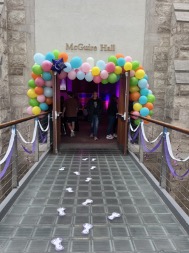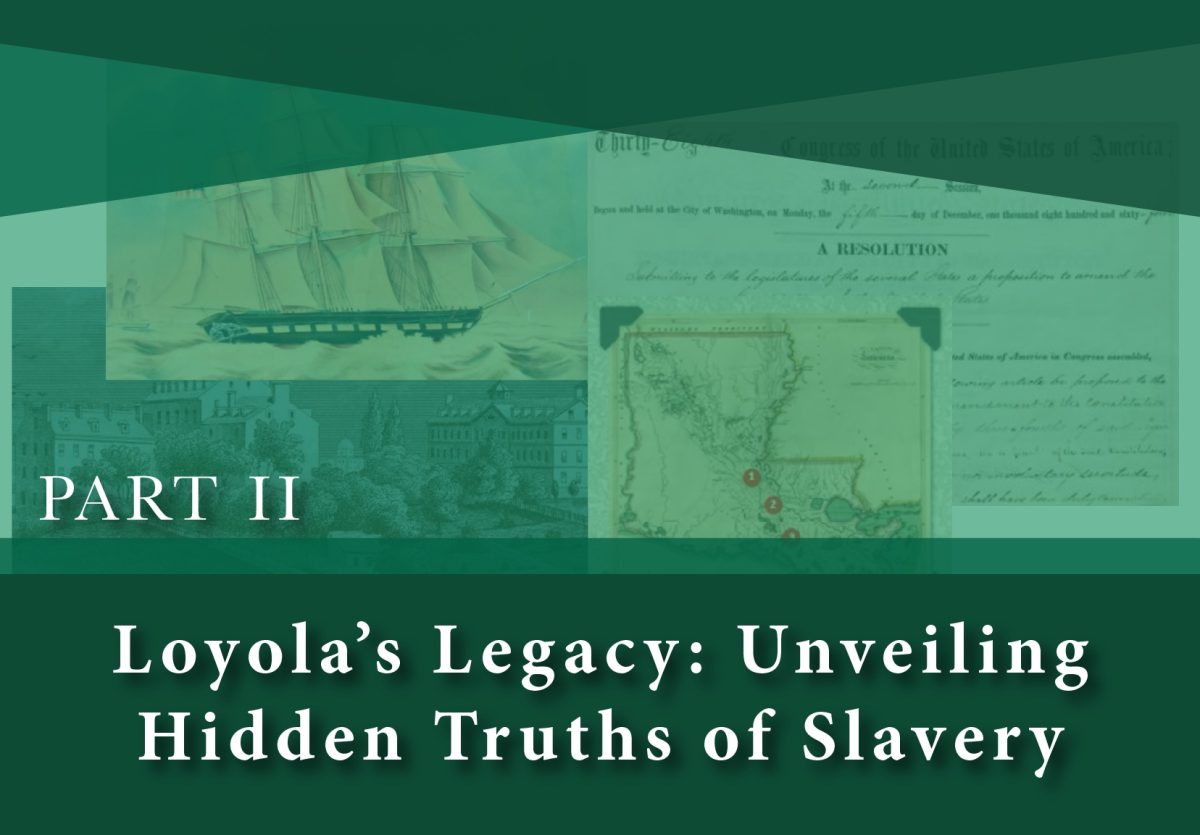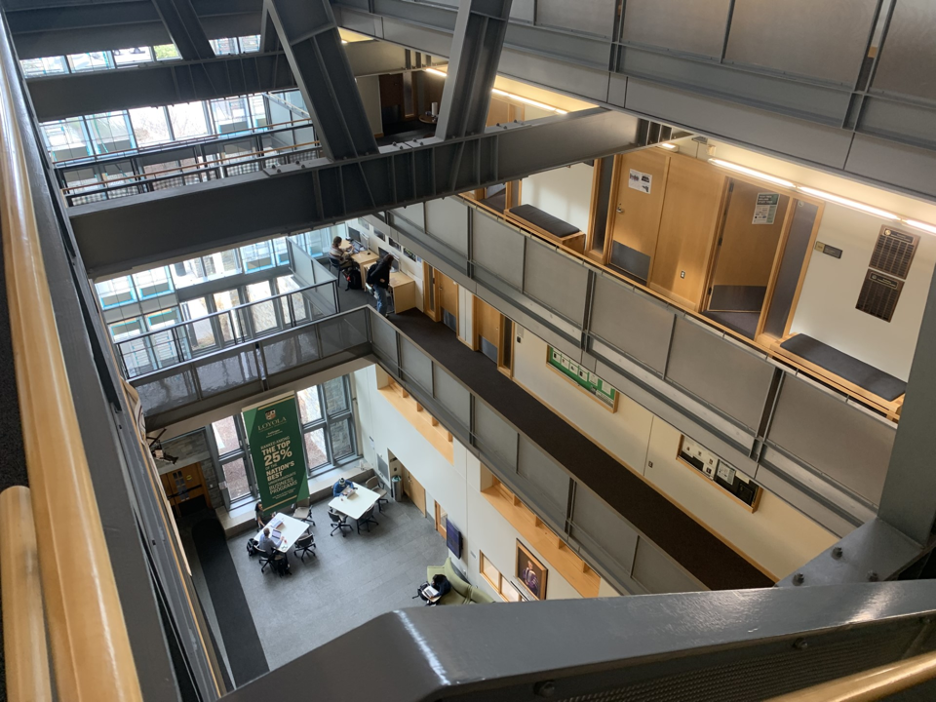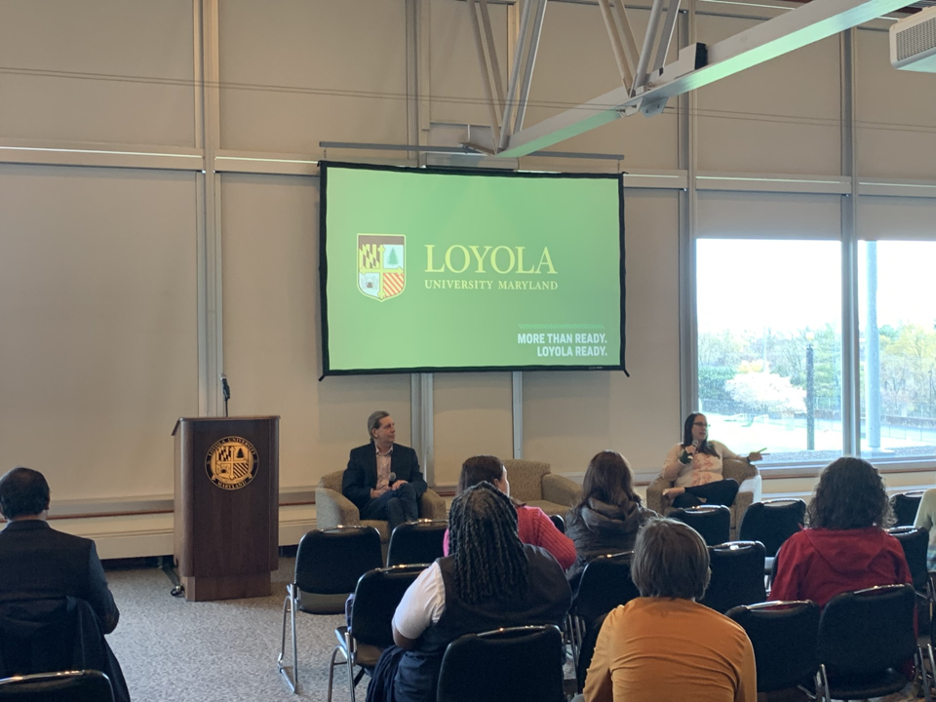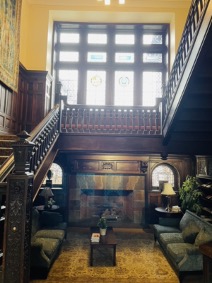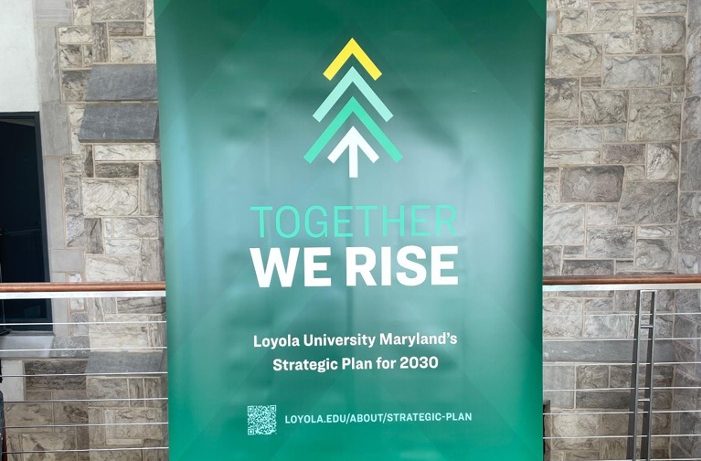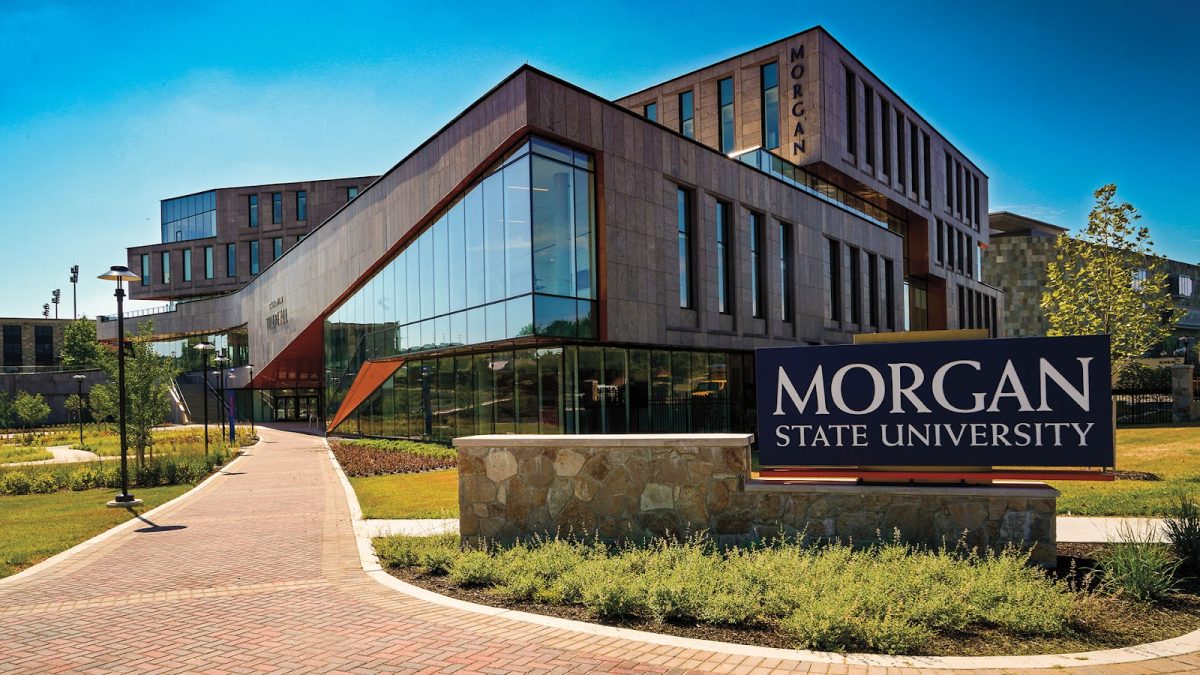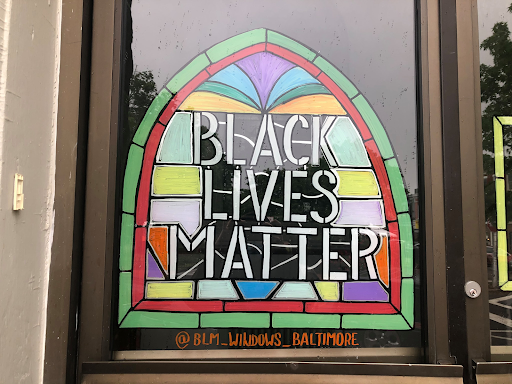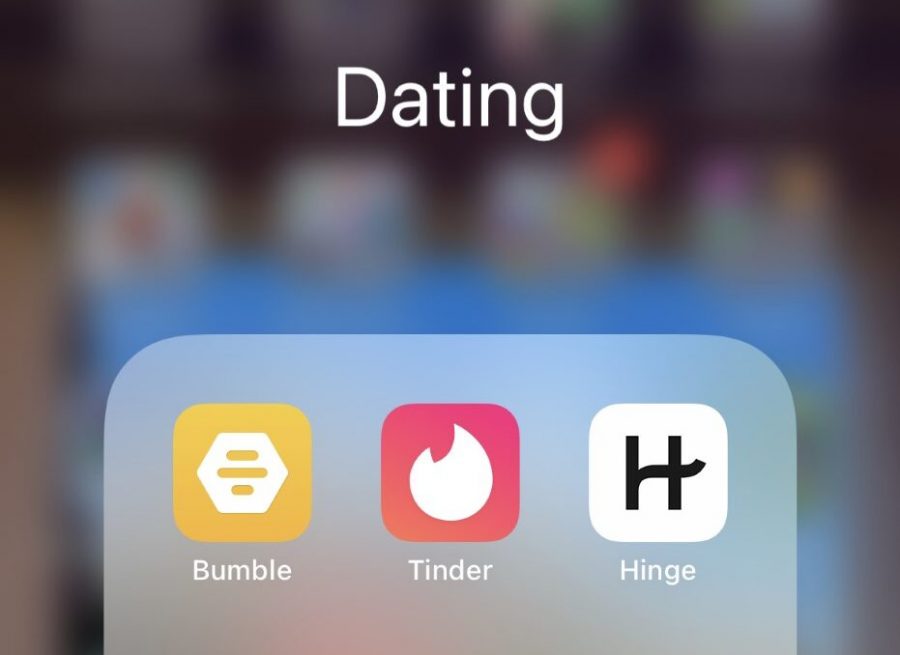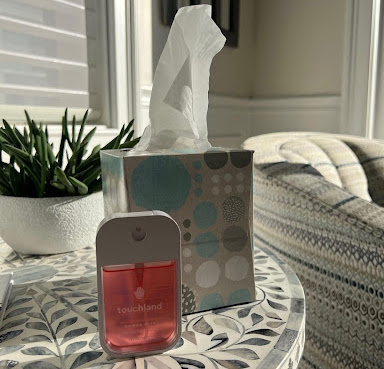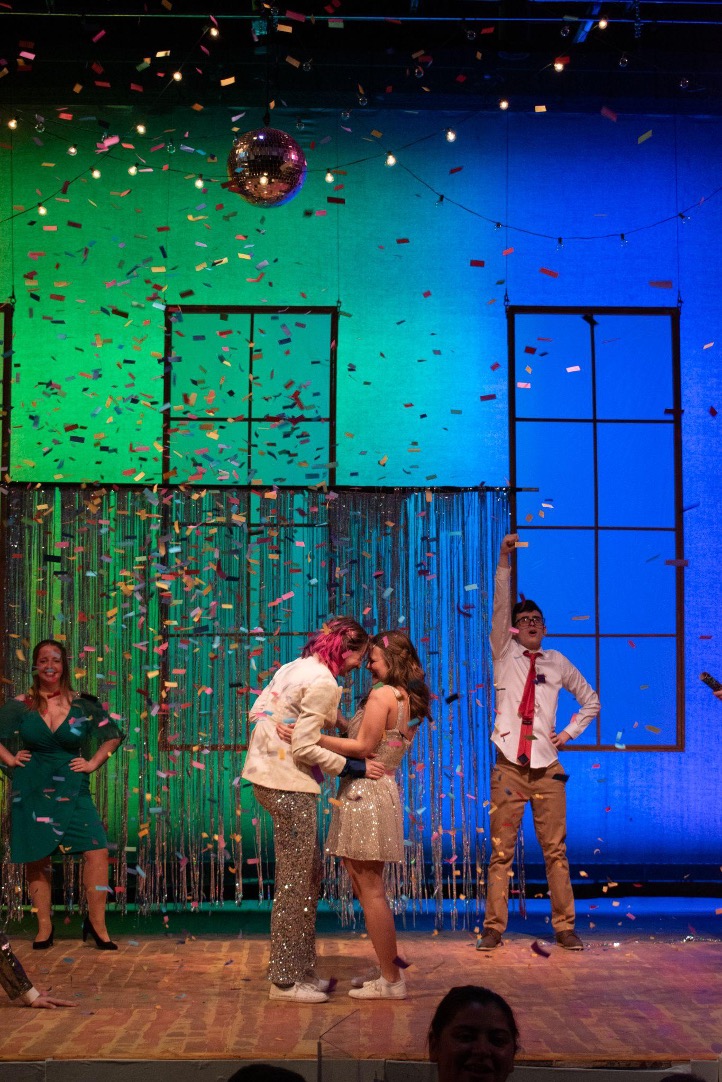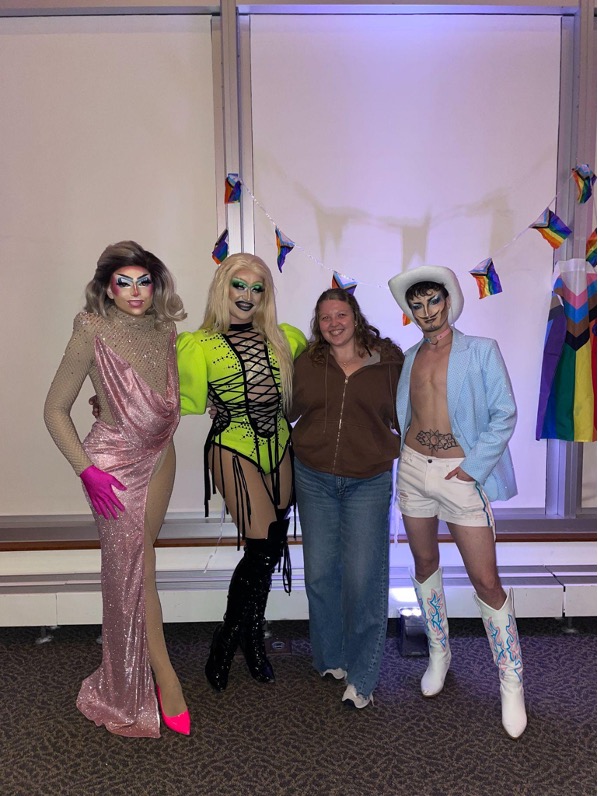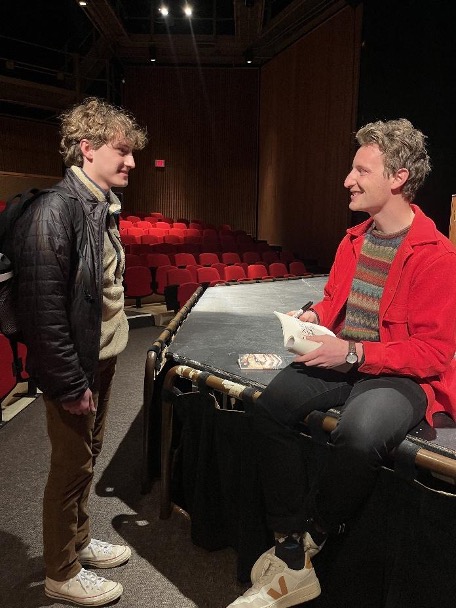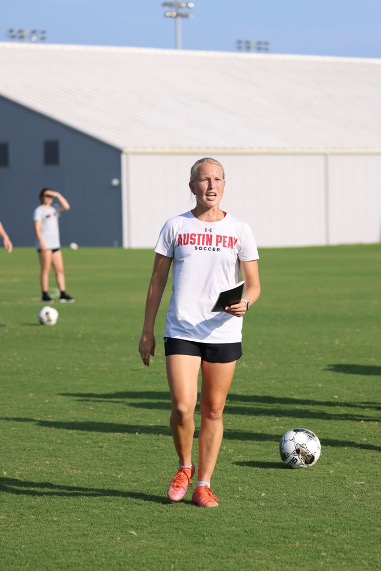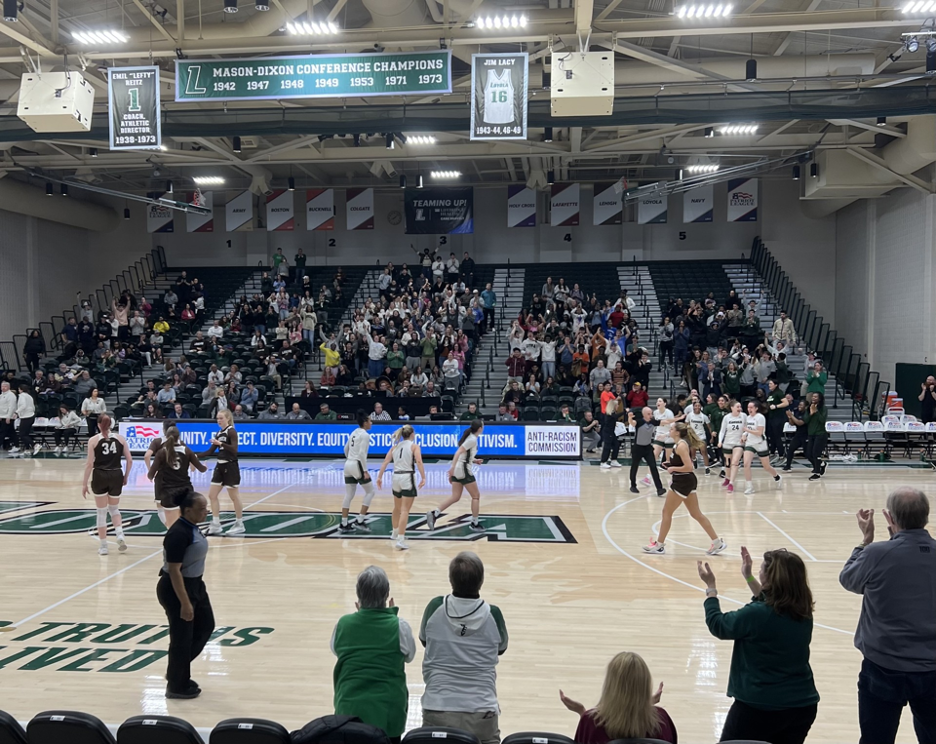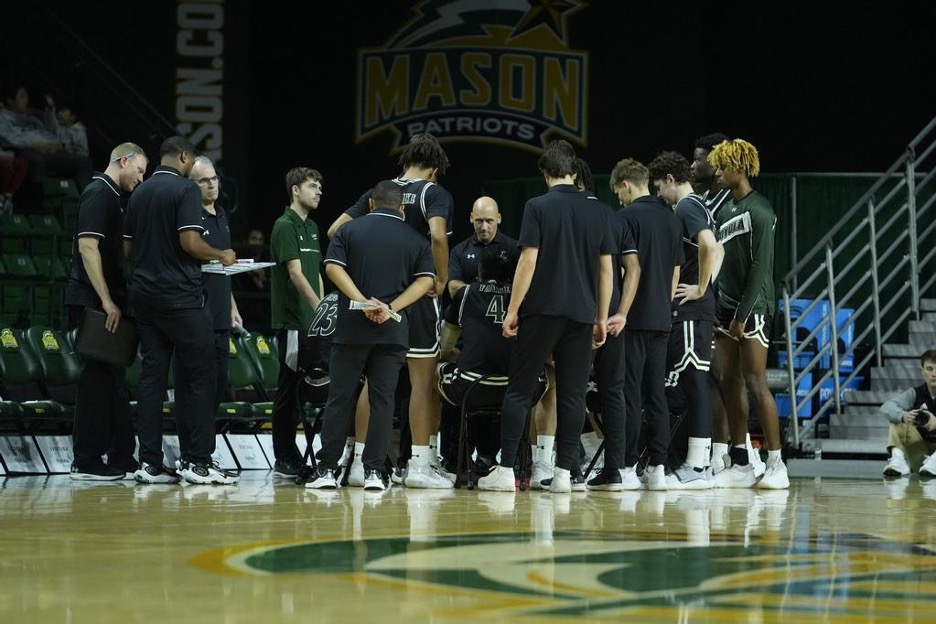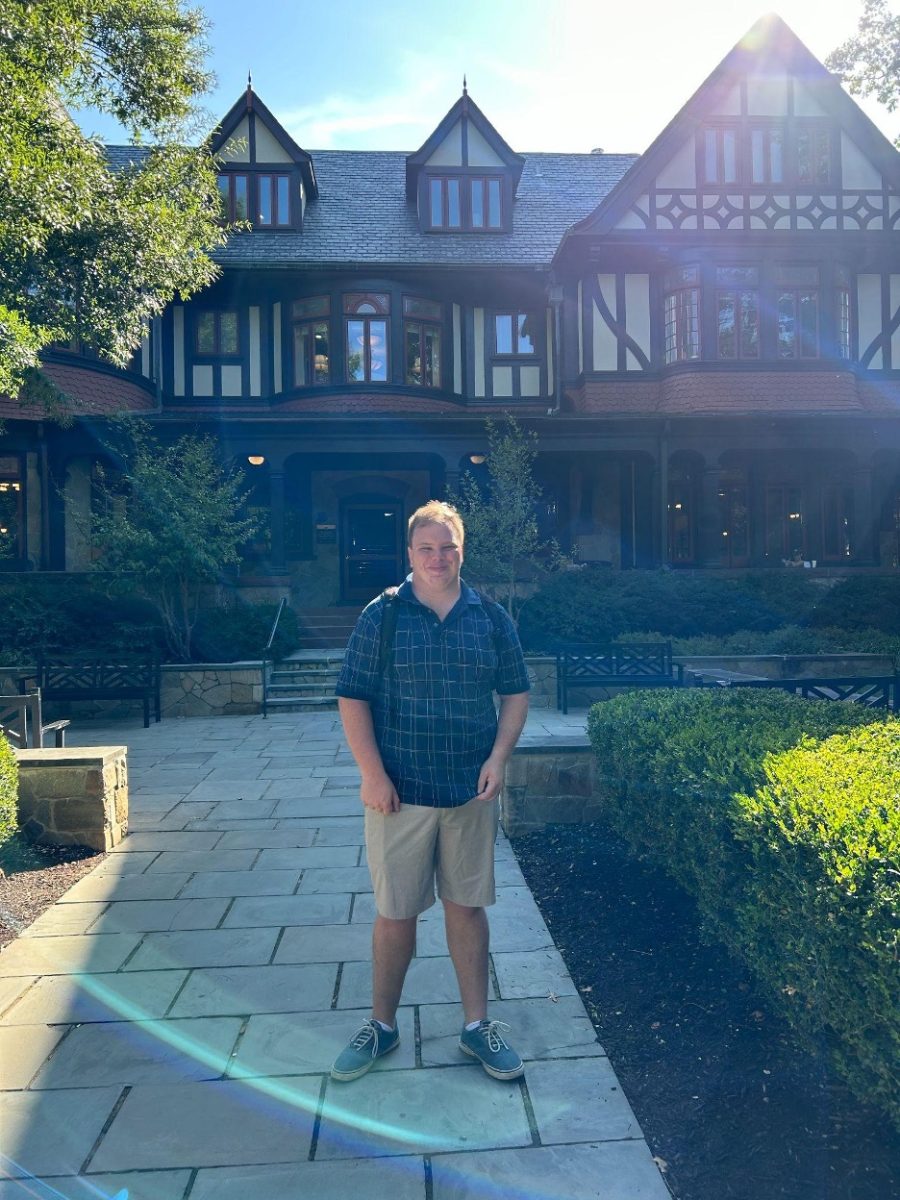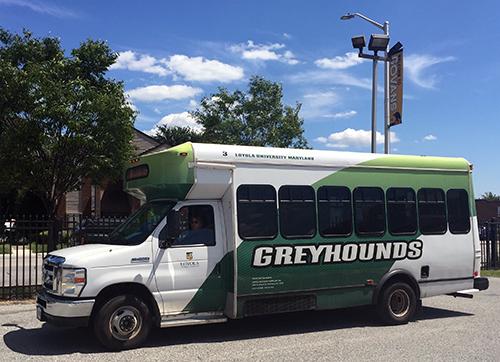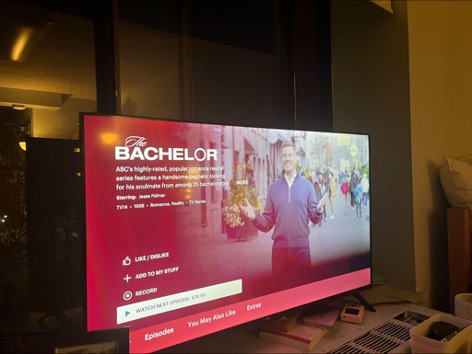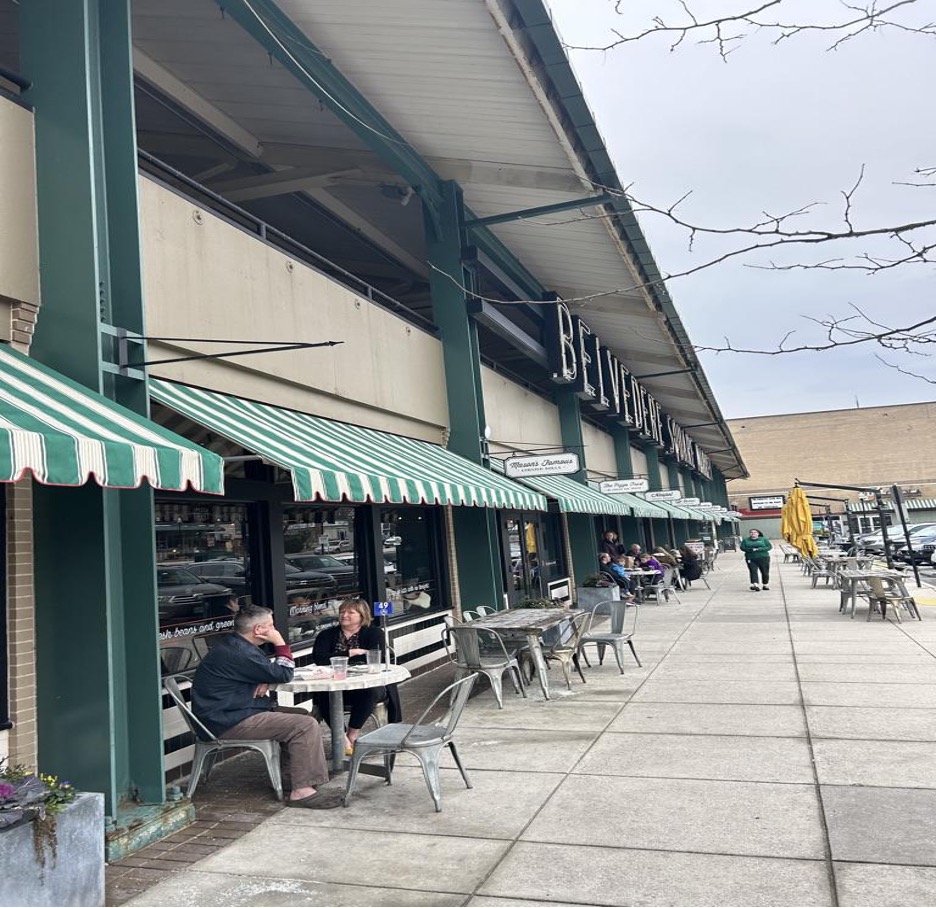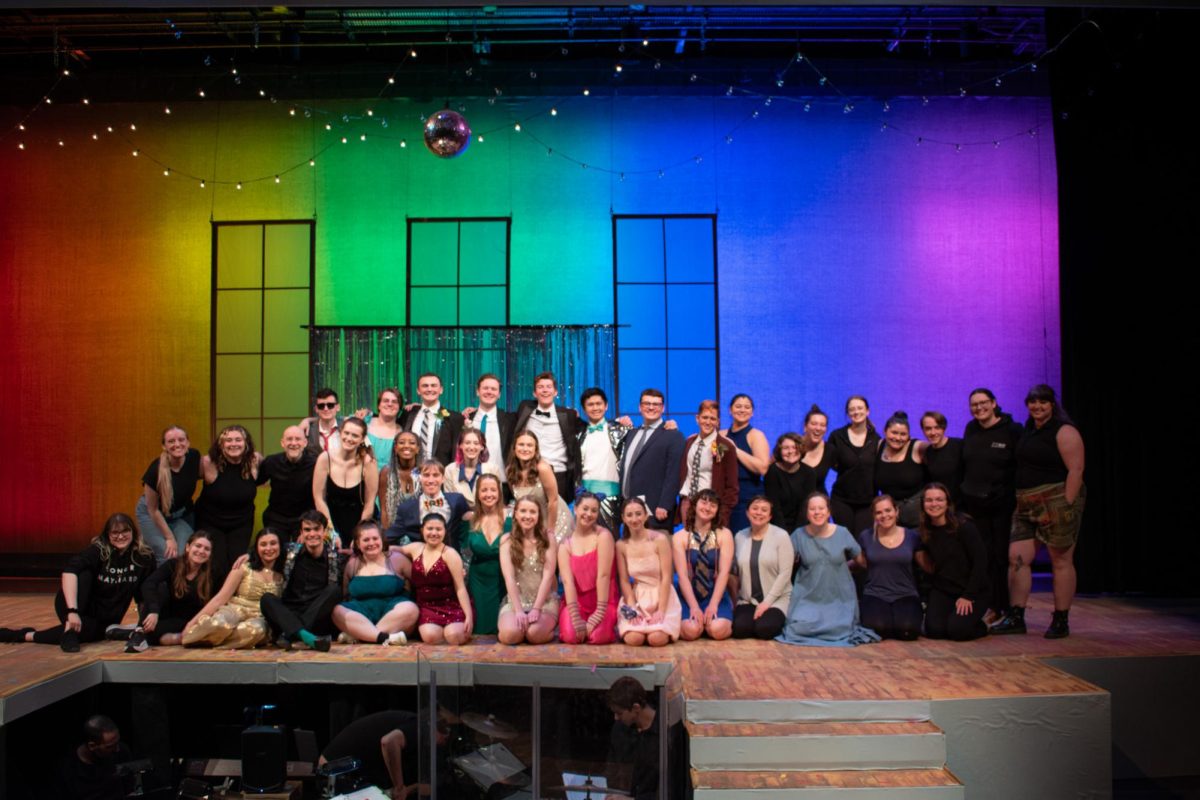As the work begins to pile up and more people begin to trek to the library, students may notice that a new exhibit, one about books, has replaced the Christmas display. This exhibit is not about the library’s books but instead is the result of research conducted by Dr. Jean Lee Cole’s EN 369 Novel in America class. The class decided to investigate where the “book” fits into this technology driven world and whether “book places” such as book club meetings and bookstores still fit into this changing world.
Bridget Ehmann, Alyssa Bernblum and Cooper Davis explored the Baltimore neighborhood of Arcadia to examine the impact books have on a community. Books still seem to be a crucial part of the community with eclectic cafes and bookstores. One can purchase work by great authors and then be inspired to write the next great work. Zeek’s Coffee Shop and the Red Canoe are both highlighted in the exhibit for the sense of belonging they create for everyone whether someone is working or enjoying a cup of coffee.
A large map of Baltimore is suspended from the ceiling over the exhibit in the library lobby pointing out the remaining independent bookstores as well as the sites of closed stores. Due to online outlets and digital books, these stores have struggled to keep their doors open and many have not survived. Those that have survived employ innovative strategies to attract customers such as author signings. Each store is highlighted with a direction and many have small descriptions and pictures which accompany them. People are encouraged to mark bookstores not on this map and provide a short review of the store.
Courtney Cousins, Colleen Delaney, Jackie Dorsey and Caroline Muirhead investigated the rich history of book clubs in Baltimore. The book clubs they chose to spotlight may differ greatly but they all share a mutual desire to create spaces where people can discuss literature. The Loyola Literary Society, founded in 1857, once featured weekly debates but divided into two separate societies in the 1920s. Revived in the late 1950s as Lambda Iota Tau (LIT), the society gave people a forum to present their original writing but ended due to its small membership base and Literary Society of Loyola College replaced it in 1963. Though it originally had strict rules for membership, these rules were reduced especially in light of the college becoming coeducational. The society organized literary events on campus and its work is continued today by LoCoLitSo and Sigma Tau Delta.
Maggie Atkinson and Meghan Shields researched e-book libraries at airports and how members of the military serving our country oversees are able to read to their children. Many airports have e-book libraries available along with gift shops that sell books. BWI runs a location of United Through Reading, an organization where members of the military are filmed reading to their children and their children’s reactions are also filmed. This connects the families and shows how reading can strengthen the family bond.
Anthea Croghan, Frankie Gerham and Peter Hadjokas focused on how Hampden, the neighborhood known for its quirkiness, evolved from a place where few knew how to read in the 1800s to the literate community it is today. Prior to the building of the Enoch Pratt Free Library, Hampden Branch, most residents did not attend more than 10 years of school and had no way to get books in the neighborhood. This library, commissioned by Robert Poole, allowed reading to thrive and now Hampden is seen as a Bohemian mecca for writers, artists and musicians. This creative community has a surprisingly high number of independent bookstores such as Charlotte Elliot and Atomic Books.
Caroline Barada and Vincent Vitti spent their semester becoming part of the Levindale Hebrew Geriatric Center. They both kept journals detailing their experiences befriending the residents and discovering the love of reading that exists at this place. Residents look forward to the Bookmobile, a small library on wheels, that comes every Sunday. For employees, there is a shelf where they are encouraged to take a book and leave a book to foster community.
We live in a world where accessing a book has never been easier. It is literally just a click away. You can download books to your Kindle, Nook or even your phone instantly. Reading is no longer a privilege granted only to the upper class. Everyone can read and become writers through Tumblrs, blogs, Twitter and fan fiction sites.
This new literary landscape has taken the idea of the book and transformed it. This English class proved that maybe the days of old are not as far gone as we may think. The book is still a viable way to bring together families and to create communities. Maybe we can reclaim some of the small pleasures of the past if we continue to embrace “book places” and just keep reading. Find some time to check out the exhibit at the library until February 5.


